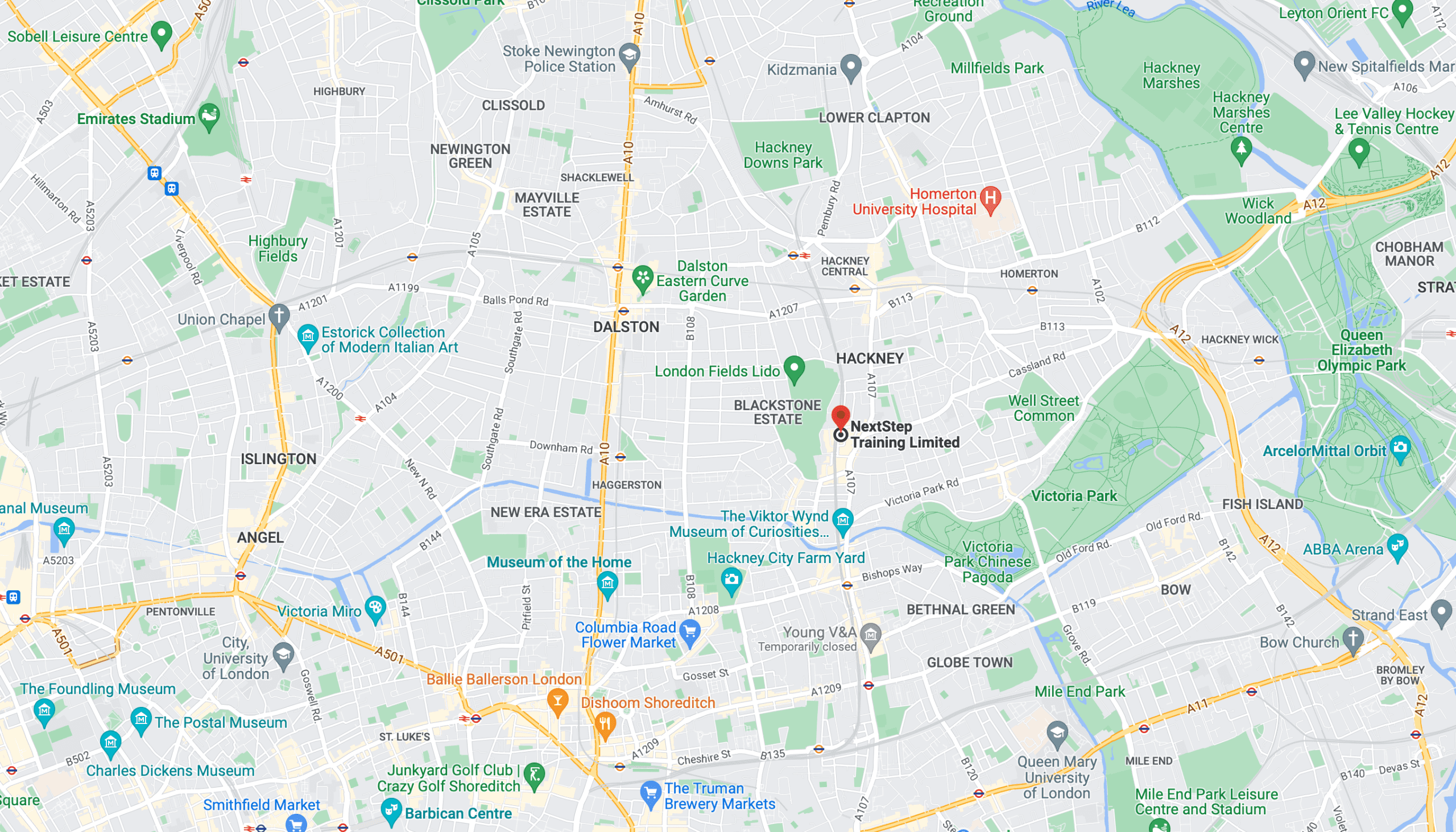profile
Data Technicians can be part of any sector where data is generated or processed including but not limited to finance, retail, education, health, media, manufacturing, and hospitality.
The purpose of a data technician is to source, format, and present data securely in a relevant way for analysis using basic methods; to communicate outcomes appropriate to the audience; analyse structured and unstructured data to support business outcomes; blend data from multiple sources as directed and apply legal and ethical principles when manipulating data.
Typical Job Roles
Database Technician Data support analyst Junior data analyst Junior information analyst.
Entry Requirements
Individual employers will set the selection criteria, but this is likely to include five GCSEs, (especially English, Mathematics, and a Science or Technology subject); a relevant Level 2 Apprenticeship; other relevant qualifications and experience; or an aptitude test with a focus on IT skills.
Course Duration
Typically, 24 Months.
What will this cost to a Business/Employer?
Non-levy paying employers will need to contribute 5% of the maximum funding band as published by the Skills Funding Agency for the delivery of training and assessment for their apprenticeship.
In this instance, the fee is £600.00.
The Apprentices will learn
• Sourcing data from a collection of already identified trusted sources in a secure manner.
• collate and format data to facilitate processing and presentation for review and further advanced analysis by others.
• present data for review and analysis by others, using the required medium for example tables, charts, and graphs.
• Blend data by combining data from various sources and formats to explore its relevance for business needs.
• Analyse simple and complex structured and unstructured data to support business outcomes using basic statistical methods to analyse the data.
• Validate results of analysis using various techniques, e.g. cross checking, to identify faults in data results and to ensure data quality.
• Communicate results verbally, through reports and technical documentation, and tailoring the message for the audience.
• Store, manage and share data securely in a compliant manner.
• Collaborate with people both internally and externally at all levels with a view to creating value from data.
• Practise continuous self-learning to keep up to date with technological developments to enhance relevant skills and take responsibility for own professional development.
English and Maths
Overall, Level 2 English and Maths will need to be passed, if not already, prior to taking the end-point assessment.
Professional Recognition
Overall, this Apprenticeship is recognised for entry onto the register of IT technicians confirming SFIA level 3 professional competence and also those completing the Apprenticeship are eligible to apply for registration.
Progression route
Upon completion of this, an Apprentice can progress to become a Data Analyst Level.
Take a look at our full list of Digital Apprenticeships.
interested? apply now


